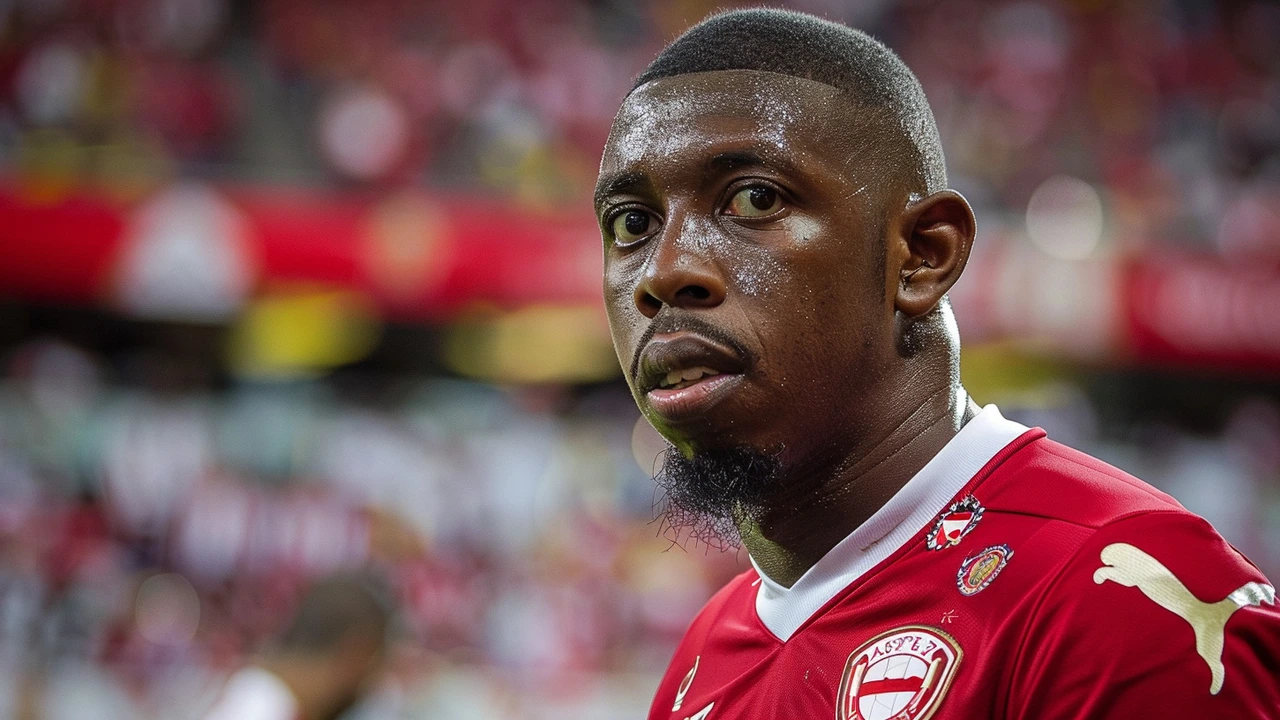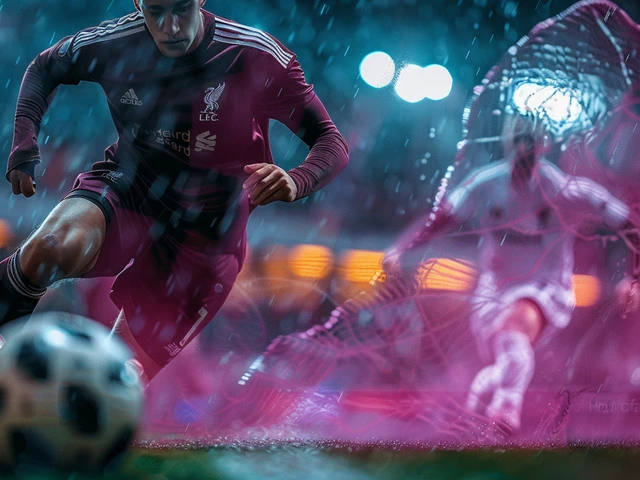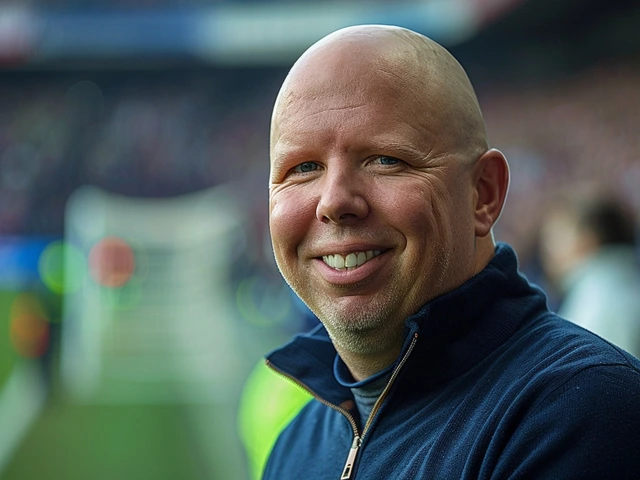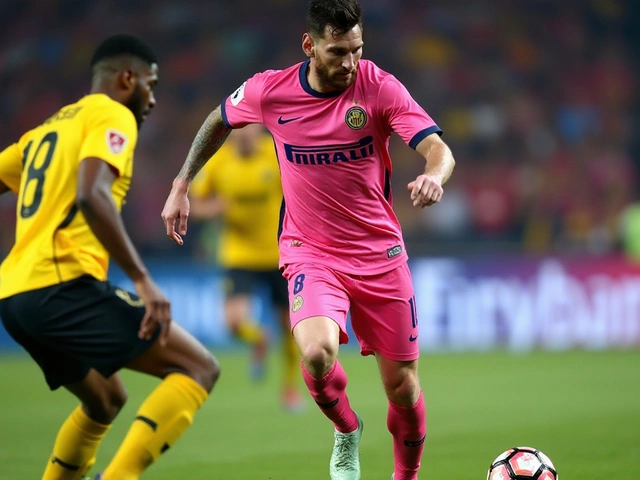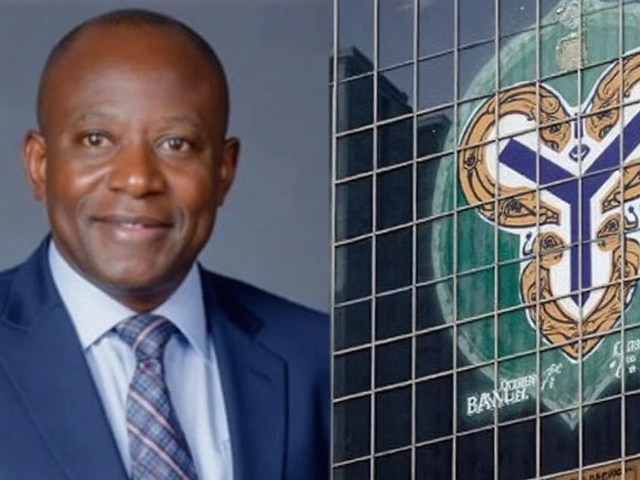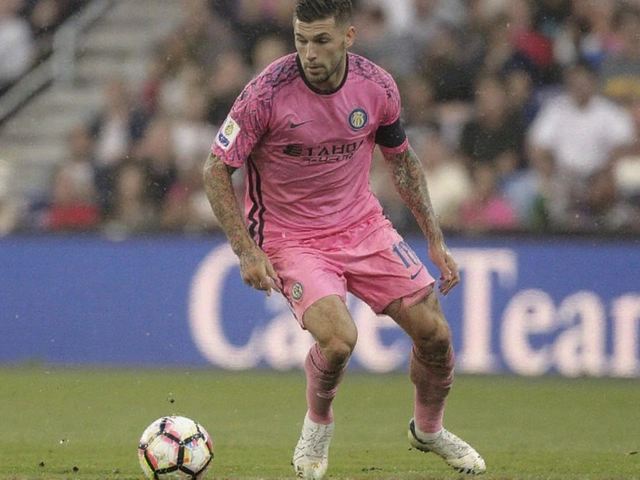Monaco's Mohamed Camara Faces Four-Match Suspension for Anti-Homophobia Logo Controversy
AS Monaco midfielder Mohamed Camara has been suspended for four matches by the French football league (LFP) after he covered up an anti-homophobia logo on his shirt during a crucial Ligue 1 encounter against Nantes on May 19. This disciplinary action has sparked debates about player rights and responsibilities, highlighting the ongoing struggle to combat discrimination in sports.
During Monaco's 4-0 triumph over Nantes, Camara scored a penalty, contributing to the team's emphatic victory. However, the attention swiftly shifted from his on-field performance to his apparent rejection of the league’s anti-homophobia initiative. The emblem, which players are urged to showcase as a part of the campaign, was noticeably obscured by white tape on Camara's shirt.
Following the incident, the LFP rapidly intervened, imposing a four-game suspension. This decision came amid strong advocacy from French Sports Minister Amelie Oudea-Castera, who called for stringent sanctions against the 24-year-old footballer. Oudea-Castera emphasized the symbolic importance of the anti-homophobia campaign and insisted that such acts of defiance could not be tolerated in a sport that prides itself on inclusivity.
Support and Opposition
The situation has divided opinions within the football community and beyond. The Malian Football Federation came to Camara's defense, arguing that the player's fundamental rights were at stake. They underscored the principle that no player should be coerced into adopting specific viewpoints or participating in campaigns with which they might not personally agree. This stance has fueled a broader discussion about the balance between personal rights and public responsibilities for professional athletes.
AS Monaco's CEO, Thiago Scuro, stated that the club is aligned with the French league’s anti-homophobia campaign and intends to engage in internal discussions with Camara to address the matter. Scuro’s comments reflect a growing recognition among clubs of the need to support league-wide initiatives that promote social awareness while also navigating the delicate issue of individual player rights.
Notably, this incident is not isolated. It follows a similar event from the previous year, where several Ligue 1 players declined to endorse a gesture of support against homophobia. These recurring instances suggest an undercurrent of resistance among some players towards league-enforced social campaigns, raising questions about the effectiveness and implementation of such programs.
Reactions from Fans and Activists
The fan base, too, has been split over the suspension. Many supporters argue that professional athletes should use their platforms to advocate for social causes, especially those aiming to eradicate discrimination. Supporters of the LFP's decision argue that footballers have a duty to uphold the values of the sport, including tolerance and equality.
Conversely, a segment of fans and some advocacy groups believe that personal beliefs and freedoms must not be overshadowed by the league’s agenda. They argue that mandatory participation in social campaigns might lead to insincere endorsements, detracting from the genuine efforts to foster inclusivity.
Activists working to combat homophobia in sports have welcomed the LFP’s strict stance. They view it as a critical step towards building an environment where all athletes and fans feel accepted and respected, regardless of their sexual orientation. These activists stress that visible support from high-profile players can have a profound impact on public attitudes, potentially swaying the opinions of millions of fans.
Looking Ahead
The debate ignited by Camara’s actions is unlikely to subside quickly. It has opened up an essential conversation about how sports organizations should balance the enforcement of social initiatives with respect for individual beliefs. As leagues like the LFP continue to promote progressive causes, they may need to refine their approaches to ensure they resonate with all stakeholders.
For Camara, the suspension means he will be unavailable for selection in the coming games, a significant blow to AS Monaco as they aim to conclude their season on a high note. The team will undoubtedly miss his contributions on the pitch, but the broader implications of this incident extend far beyond any single match or player.
Internally, AS Monaco faces the challenge of addressing the situation with Camara while reaffirming their commitment to the league's anti-homophobia campaign. These discussions will likely shape the club's policy and approach to future league-mandated social initiatives, potentially influencing their implementation across Ligue 1 and beyond.
As this story unfolds, it serves as a powerful reminder of the challenges that arise when sports, personal beliefs, and social activism intersect. It underscores the need for ongoing dialogue and nuanced understanding to navigate these complex issues effectively.

